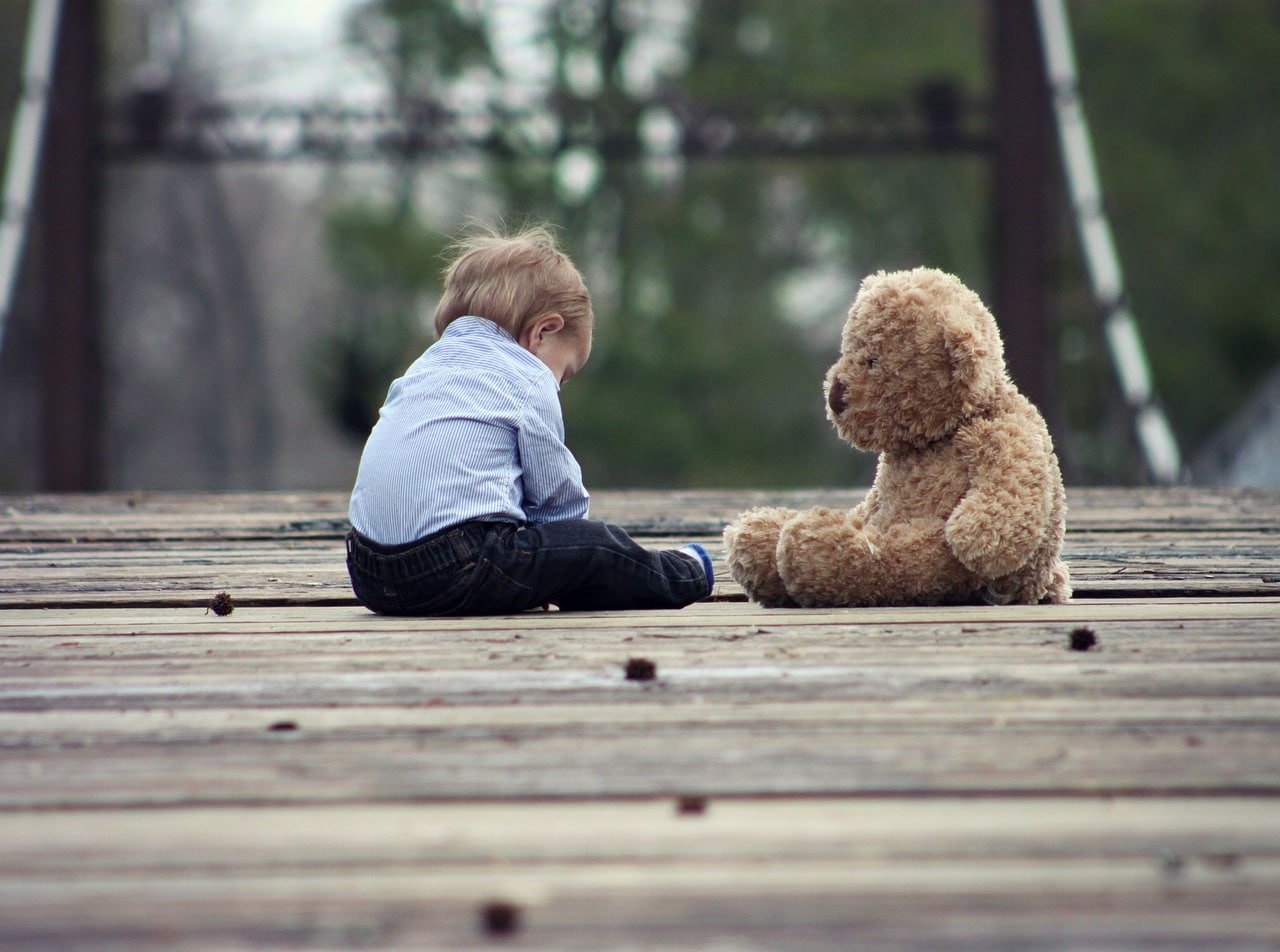
Developmental psychology studies changes in behavior and psyche over time.
Developmental psychology is the current of psychology that is responsible for the analysis of changes in the psyche and behavior over time. This discipline covers the period that begins with the birth of the individual and ends with his death, studying the various contexts to explain them based on the person.
In the history of developmental psychology four major historical phases can be distinguished. A first stage takes place between the 18th century and the mid -19th century , where different observations are made that represent the first outlines of this discipline . The second phase already contemplates the conception of developmental psychology as an entity that must have independence, with the objective of determining similarities between minors and those transitioning into adulthood. In the third stage indicated by specialists, developmental psychology manages to consolidate, while the fourth includes its expansion with the revision of its theoretical postulates and the creation of new ones.
Freud and developmental psychology
When talking about this type of psychology we have to make it clear that there have been many authors who have contributed to its development or who have played a fundamental role in its history. This would be the case, for example, of Sigmund Freud who established psychoanalytic theory .
Specifically, he applied this theory to infantile sexuality, which he explained is made up of five different stages : the oral phase , which is the first year of life, the anal phase, which reaches up to three years of age, and the phallic phase , which lasts until the age of three. 5 or 6 years, the latency period that reaches puberty and finally the genital phase .

Various specialists have made theoretical contributions to developmental psychology.
Other contributions
If Freud played a fundamental role in developmental psychology, it was no less played by the Swiss Jean Piaget , who has gone down in history for his psychogenetic theory . With this, it focuses more exclusively on intellectual development which, according to it, is divided into four different periods: the sensorimotor which is up to 2 years, the preoperational which goes from 2 to 7 years, the concrete operational which reaches up to 11 years and the formal operational that reaches the adult phase.
Henri Wallon with his theories on the development of what psychological processes are, Lev Vygotsky who studied sociohistorical development, Lawrence Kohlberg who did the same with moral development and James Fowler with spiritual development were other of the most important authors within what is developmental psychology.
Theories of developmental psychology
Among the different theoretical aspects of developmental psychology, we can mention organicist theories (which postulate that, when the individual overcomes different stages, a change and subsequent development occur), mechanistic theories (affirm that behavioral modifications and development are quantitative) and sociocultural theories (focused on the relevance of social influence on the person).
It must be taken into account, on the other hand, that developmental psychology is responsible for the study of three fields that are in permanent interaction: the biological (linked to the physical evolution of the body and brain), the cognitive (the way in which the abilities and processes of the mind evolve) and the psychosocial (focused on the links that the subject establishes with the environment).
